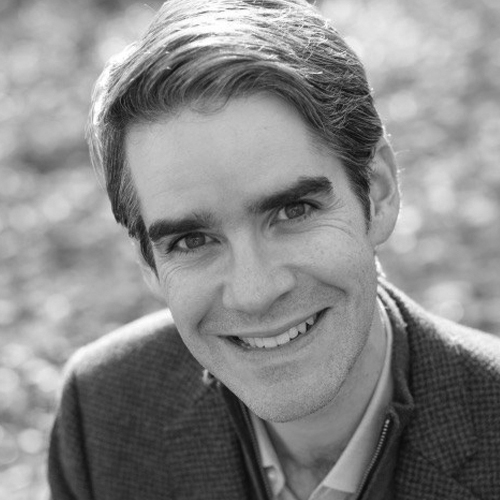Who are we without sharing stories? Narratives are the way that we, as human beings, connect with one another. Stories transcend time. As an English major, I have developed a unique lens to see stories in their original contexts while applying their valuable lessons to life today. Working up the ladder of a four-year English degree has helped me cultivate the skills to comprehend all sorts of texts, but my intrinsic desire to discover the stories of humankind propels my education further.
My English story begins, like most inclined to the subject, as a child. I felt things very deeply and putting myself in the shoes of new characters I loved, was a release for me then and still is today. Stories have always had a way of imprinting on me. I absorbed the feelings of the characters I read about.. It got to the point where if I was so enwrapped in a book, I would have dreams and sometimes nightmares about these characters or plots. As Simple as It Seems, a devastating story about a girl with fetal alcohol syndrome, was one I was particularly emotional about as a third grader. My mom and grandmother fostered my skill of reading comprehension as a child and were happy to talk about whatever book I was reading.
Going forward, I excelled in grammar, writing, and reading while I suffered in math. I knew what I loved and stuck with it. When I got to the College of Charleston, the obvious choice would be to pursue an English major. I don’t feel that I really need to defend the viability of my degree because in today’s world, having a deep knowledge of language, how it develops and translates through time, and the ways we use it as a society is irreplaceable. With AI on the rise, being able to communicate your experiences in your voice by writing will be a valuable asset.

While at the College of Charleston, I have had the chance to develop my communication skills. One of my favorite examples of my work is a conversation about censorship. During my junior year, our Young Adult Fiction class read the story Fun Home, which is a graphic memoir about a young girl’s journey with identity, family, and trauma. I expected nothing out of this book since this was my first ever graphic novel. But after learning about its complicated history at the College, I was compelled by the story. Back in 2013, Fun Home was assigned as the summer reading book for the incoming freshman class. Due to homosexual depictions, legislators and parents wanted the book banned because they saw these illustrations as pornographic. I decided to write my paper on sex, literature, and censorship and define the way we view pornography and art in this society. The paper was recently nominated to be presented as a poster for CofC’s English Day. I felt it was important to resurface the work and remind students that even our liberal arts college was at the center of censorship and homophobia anxiety.
Turning the paper into a poster was quite challenging. I tried my best to preserve the essence of my arguments while creating a beautiful graphic to capture the attention of English Day attendees. Translating a traditional analysis paper into a poster form was an excellent way to show my adaptability and digital literacy.
Adaptability is undoubtedly a skill that English students hold. We read, process, apply information, and synthesize arguments. In the process of doing this, we adapt our language over and over to communicate our thoughts and feelings most effectively. On another level, English majors are almost forced to adapt to the world because there is no set career path to follow. Although I am not the biggest fan of change, it is something I have learned to accept as an English degree holder. As Richard N. Bolles writes in What Color is. Your Parachute, “Change is not nearly as hard as you think it is. Not changing can be deadly.” (78) I completely agree with this sentiment. As I set out on a career seemingly unrelated to anything of the English world, I remind myself of the value of change and what it offers you in the long run. Although this change into a business-oriented word is a bit daunting, I know that my skills as an English major are complementary and transferable.
Currently, I have been dedicating multiple hours per week to job hunting and interviewing. The process isn’t easy but I know that I will find a match soon. Richard Bolles says, ”Job hunting is, or should be, a full-time job” (88). For me, this is accurate because of the competitive nature of the sales industry. There is a ton of rejection when it comes to sales. George Anders, author of You Can Do Anything, tells us that “such gritty paths are common” (44). As I mentioned before, liberal arts degree holders are required to persevere in competitive industries because a specialized path doesn’t always exist.























